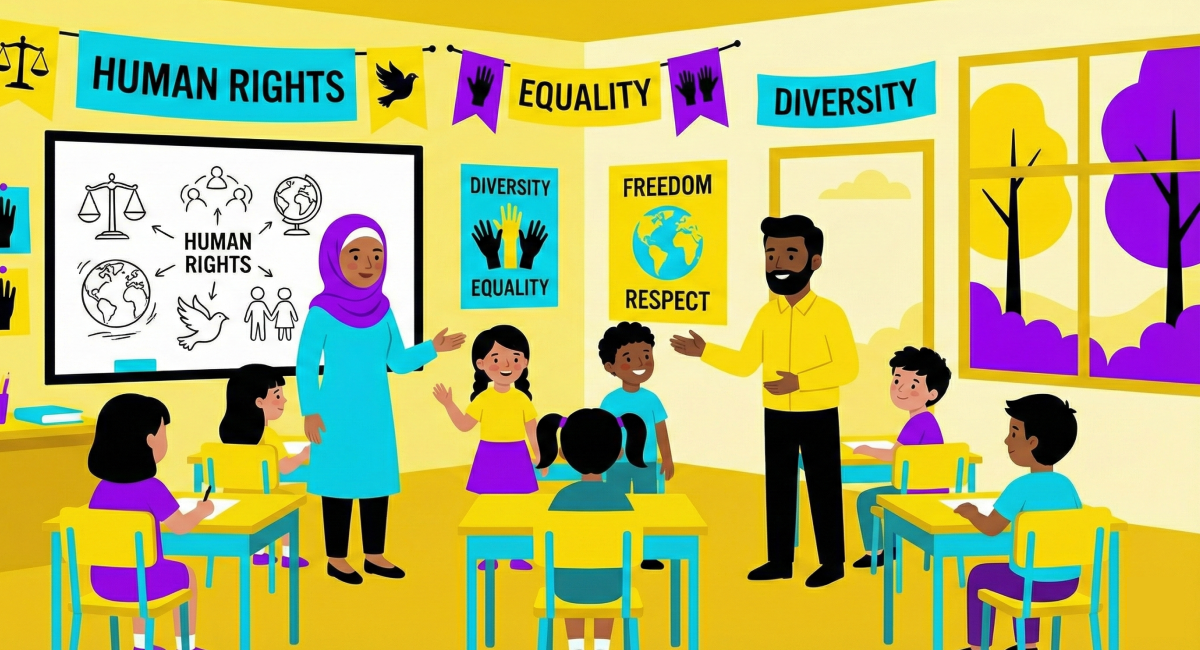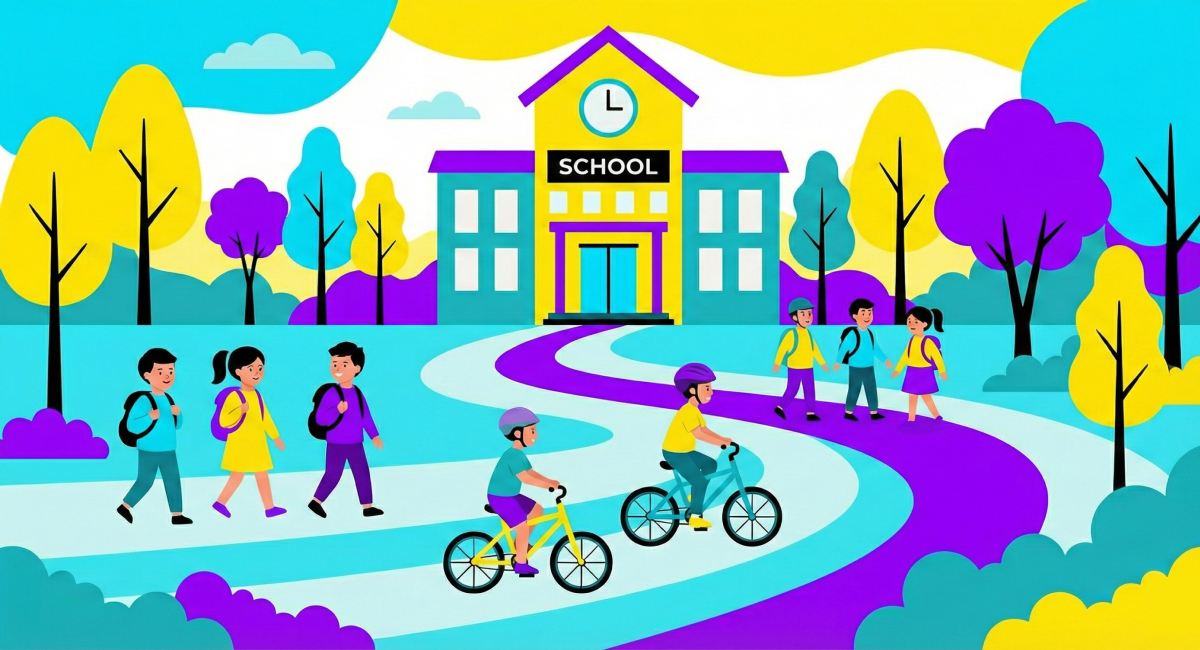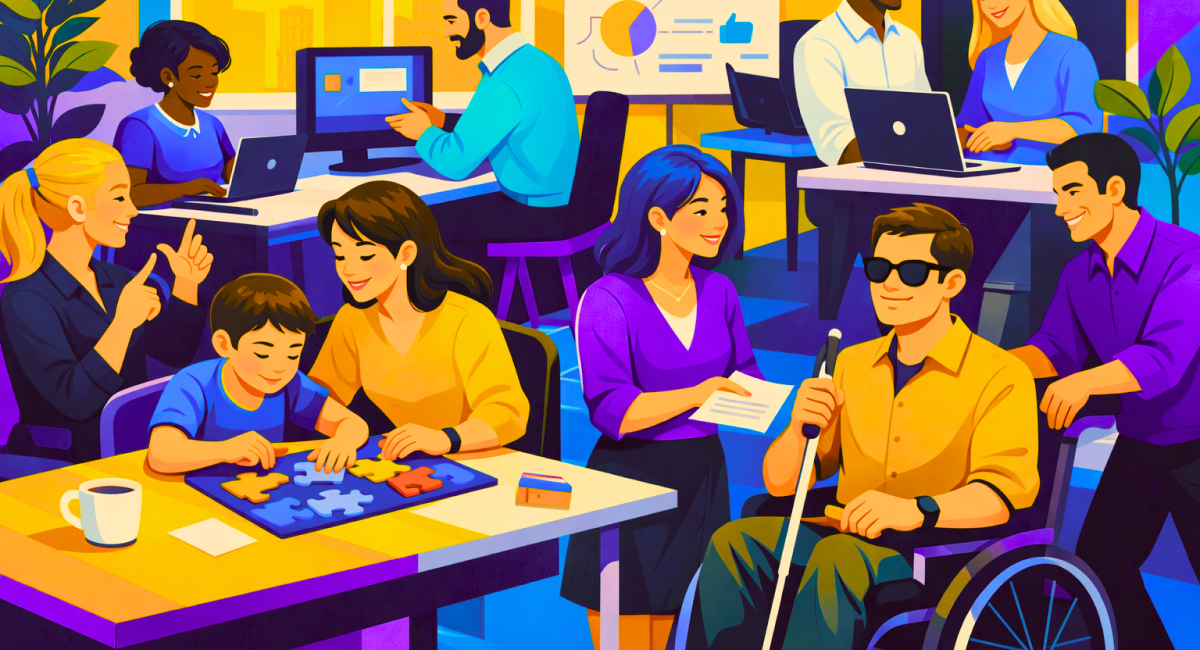Three powerful sessions to reimagine the future of social & digital SMEs
On June 10th, 2025, CollectiveUP hosted the first Transnational Capacity Building (TCB) session of the EU-funded DIGISET project—an online peer exchange designed to inspire, connect, and empower Social and Digital SMEs across Europe.
Instead of traditional presentations, the format encouraged live conversation, practical examples, and peer-led insights. The event was structured into three 1-hour interactive talks, each spotlighting a different frontier of digital innovation for social purpose.

Session 1:
Tech talk – Generative AI for social SMEs
🎙️ Led by Liliana Carrillo (Founder & CEO, CollectiveUP)
Liliana, a computer scientist with master's degrees in Artificial Intelligence and Business, energized the audience with a hands-on demo of an autonomous GenAI system known as the nanobrowser.
“This isn’t about just using AI to write content—it’s about letting AI systems think, plan, and act on our behalf.”
“The nanobrowser can navigate websites, fill out forms, gather data, and even handle full workflows—without human clicks,” she shared.
Her session illustrated how AI agents like the nanobrowser are ushering in a new era where small mission-driven teams can leverage intelligent automation to dramatically boost productivity while staying focused on what matters: social impact.
💡 Key takeaways:
- GenAI can dramatically boost productivity for small teams
- Starting small—with tools like ChatGPT or Google Gemini—is both safe and strategic
- Ethical AI means being intentional, transparent, and inclusive
- AI agents (like the nanobrowser) represent a radical shift in what’s possible for mission-driven work
Session 2:
Measuring what matters – A pathway to meaningful impact metrics
🎙️ With Suzanne Jenkins, Head of Impact & Systems Change, Impact Shakers
In the second session, Suzanne Jenkins reframed impact measurement as a living, adaptive process—not a bureaucratic burden. Drawing on her experience supporting impact ventures and funds, Suzanne introduced a practical approach to navigating Impact Readiness Levels, helping organizations assess where they are and where to grow next.
“Your measurement system should reflect your mission and maturity—not someone else’s checklist,” she emphasized.
🧩 Tools & Models Shared:
- Theory of change linking outputs to systemic change
- Impact scan for stakeholder-centered outcome evaluation
- Five dimensions of impact, Iceberg model, and feedback loops
- Frameworks for measuring scalability, alignment, and systems-level influence
💡 Key Takeaways:
- Impact is strategic, adaptive, and iterative
- Ventures should measure only what’s useful and actionable
- IMM becomes powerful when it supports learning, trust, and decision-making
Session 3:
Digital commons in action – tools for circular economy and digital inclusion
🎙️ With Charlotte Van Couter, Co-founder of Lumbriko
The final session featured a powerful reflection by Charlotte Van Couter, co-founder of Lumbriko, a circular startup building trust in sustainable consumption through verified marketplaces, brand audits, and supplier dashboards.
She shared her journey of launching Lumbriko in a risk-averse funding landscape and advocated for Steward Ownership—a governance model where profits serve purpose, and power stays with mission-aligned stewards.
“We don’t just need ethical products. We need ethical infrastructure,” Charlotte explained.
🧩 Tools & Platforms Explored:
- No-code & low-code tools: Softr, Airtable, Sharetribe, Webflow
- Digital common goods:
- Open Supply Hub, Open Apparel Registry, EcoInvent, Our World in Data
- Wikifactory, Open Food Facts, OpenStreetMap, and more
- Design & collaboration platforms: Canva, Figma, Notion
💡 Key Takeaways:
- Open-source and community tools can reduce tech costs for circular and social SMEs
- Steward Ownership ensures businesses stay purpose-driven at scale
- Combining ethical tech with transparent governance is key to consumer trust and long-term impact
- Digital Commons provide real alternatives to extractive tech and proprietary silos
Why this event mattered
The DIGISET peer exchange wasn’t just a webinar—it was a living lab for bold, practical conversations on how social and digital SMEs can thrive in the age of AI, impact accountability, and open collaboration. Participants left equipped with:
- Concrete tools to explore AI responsibly
- A new mindset for measuring and managing impact
- Real-world inspiration to adopt and co-create digital commons
- Inspiring real-world examples of tech-for-good
- Concrete tools to build smarter, mission-aligned systems
- A community of peers who care about digital justice, circularity, and ethical innovation
What’s Next?
This event was more than just a tech showcase—it was a space to build bridges between digital innovation and social purpose. By bringing together peers across Europe, CollectiveUP continues to fuel a learning ecosystem where ethical tech empowers inclusive, regenerative futures.
This was just the beginning. The DIGISET project will continue offering interactive, transnational sessions that put collaboration, digital capacity, and ethical innovation at the heart of social entrepreneurship.
Let’s shape the digital future on our terms—social, ethical, and inclusive.
Want to dive deeper or receive the slides? 📩 Reach out to info@collectiveup.be
Stay connected with the DIGISET project and follow the journey on LinkedIn for updates, training, and more events that shape the digital-social transition in Europe.








